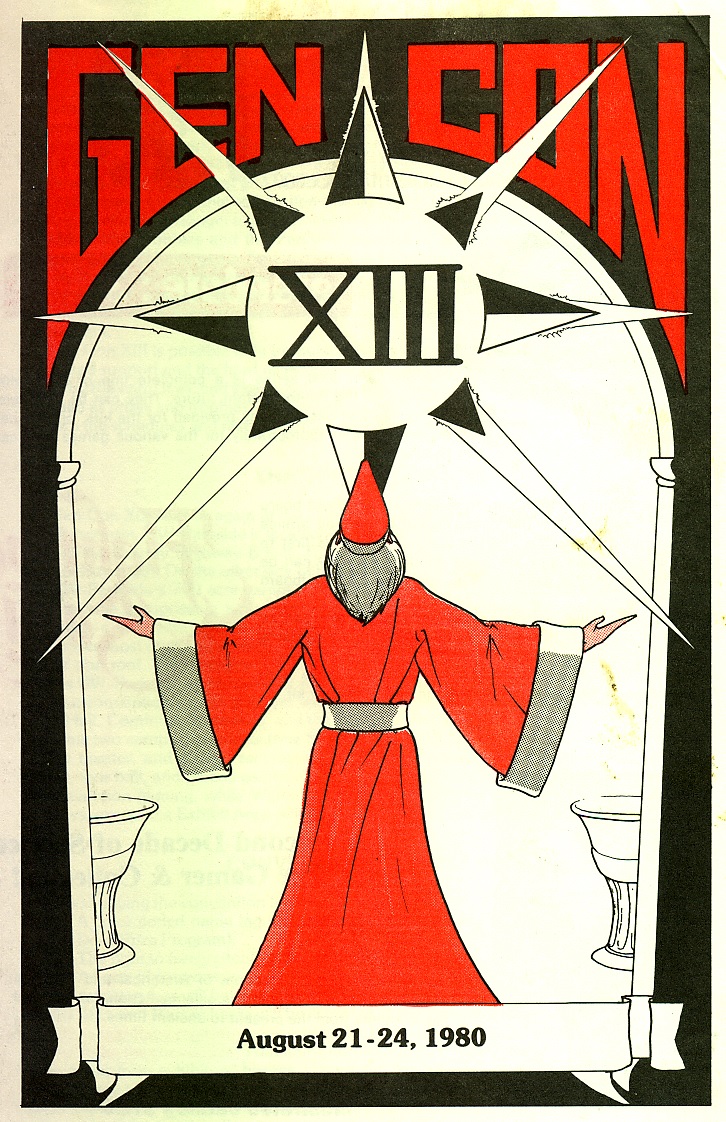By Matt Shoemaker
The Temple University Digital Scholarship Center announces the creation of an online database of events for all 50 years of the Gen Con gaming convention. The database will be available for use by the public with an accompanying exhibit site for hosting articles related to the information that is gleaned from the gaming history of the database. The database and exhibit site are expected to go live in July of 2017.
[UPDATE: The website can now be viewed at: http://best50yearsingaming.com/]
Gen Con, which first took place in Lake Geneva, Wisconsin 1967, has close ties to gaming culture and popular culture. Founded by Gary Gygax, co-creator of Dungeons and Dragons, Gen Con began as a wargaming convention. Following the release of Dungeons and Dragons in 1974, Gen Con expanded to include table top role-playing games; a genre that has heavily influenced the video game industry and popular media. The convention continued to grow expanding to other forms of gaming and an ever larger crowd. The first Gen Con consisted of only a handful of games and people, but has now grown to an annual attendance of more than 60,000 and over 17,000 events.
For this project, DSC staff are digitizing programs from Gen Con’s past. With the programs in digital form, we are able to convert the event information into CSV files for research use and ultimately a publicly searchable database. The event information from most of the programs contains a wealth of information including game descriptions, who ran the games, and game genre. With the events broken down by their different information fields and normalized across the years researchers will be able to apply a variety of digital scholarship techniques, including textual and network analysis, to learn more about how gaming has grown and changed over the years as reflected through Gen Con. Articles and exhibits based on the research performed on the database and on the content of the programs will be made available through the accompanying exhibit site.
For questions regarding this project please email digitalscholarship@temple.edu.

Looks like it’s going to be a smash Matt.
I am a 1967&69 graduate of Temple and happen to be the person mentioned in Wikipedia and two books about Gary Gygax (Playing at the World and Empire of Imagination) who ran the gaming club with Gary and Bill Speer which helped fund the first GenCon. I was also at that Gencon. Bill and I will be speaking on a panel at this year’s GenCon about that club and what led up to the first GenCon. So I find it fascinating that you are doing this.
Thanks for commenting Scott! I’ve definitely read about your exploits in those books. I’ll also be at Gen Con speaking about this project. Let me know if you want to talk more about any of this, or if you have any pictures from that 1967 IFW convention, would be great to put something like that up for the timeline on the companion site we are building for this project.